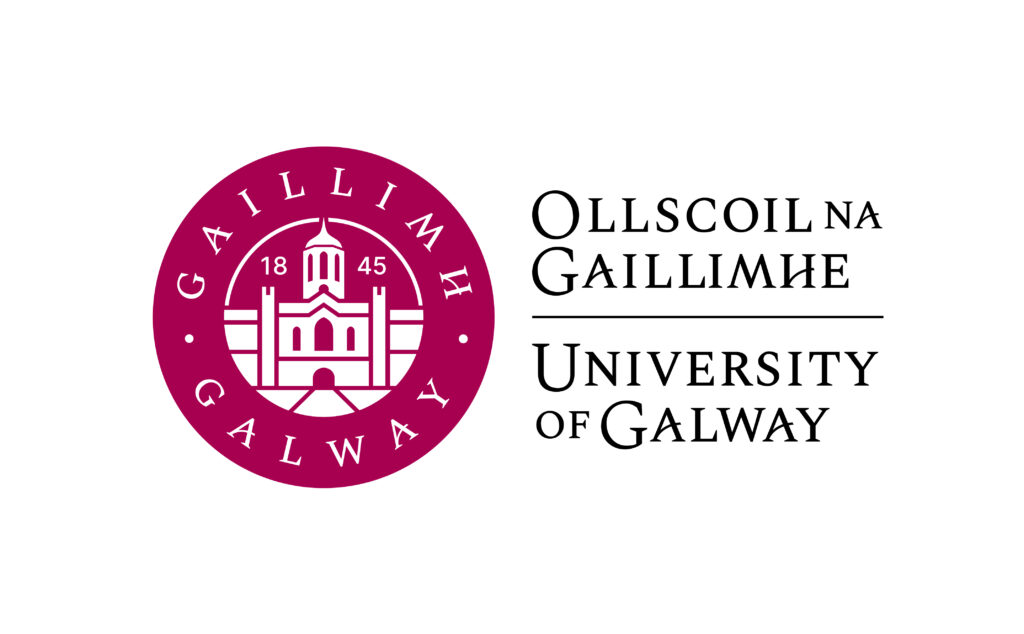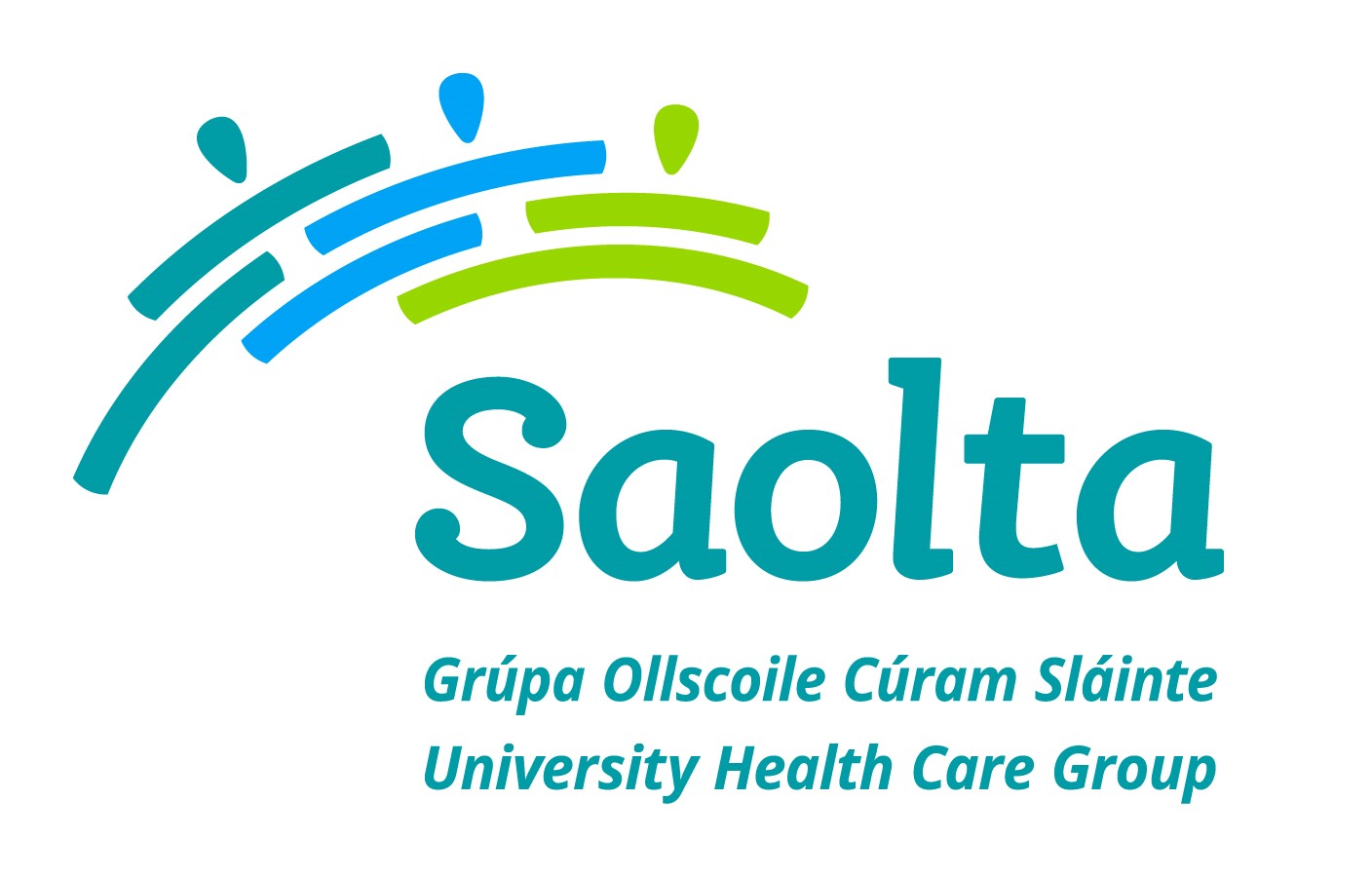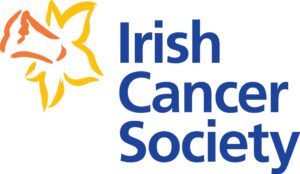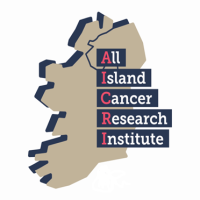Translational research is research that has the potential to translate, or convert, knowledge from laboratory science into solutions that have clinical relevance, e.g clinical trials of drugs, medical technologies, diagnostic or prognostic biomarkers.
Our translational research programme, led by scientific and clinical investigators at the Lambe Institute, University of Galway, includes projects into cancer genetic risk, metastatic breast cancer, biomarker detection, and cell communication. We also have a national research partnership with Precision Oncology Ireland.
Research Publications and Outreach
Clinical research is patient-facing research carried out by clinical scientists, doctors, nurses, and health and social care professionals.
How patients live after breast cancer treatment is important to us. Our cancer survivorship Women’s Health Initiative research is studying health supports available to patients, including cardiac health and exercise. We have patient and public participants involved in developing the research.
We also support the development of clinical trials in breast cancer diagnosis (Wavelia breast imaging) and treatment (surgery, chemotherapy)
Research Publications and Outreach
The Cancer Biobank is a collection of clinical samples vital for researchers to investigate how cancer develops, is diagnosed and treated.
The National Breast Cancer Research Institute supports the Cancer Biobank at the University of Galway; a vital research resource that enables impactful breast cancer research. The Cancer Biobank is located in the Lambe Institute for Translational Research and is a joint initiative between the University of Galway and Saolta University Healthcare Group.
Visit the Cancer Biobank webpage to learn more.
One of the strategic objectives of the National Breast Cancer Research Institute is to support the development of a European-accredited comprehensive cancer centre through high impact breast cancer research and advocacy for better cancer services in the west and northwest of Ireland.
With better patient outcomes always in mind, the National Breast Cancer Research Institute have lobbied for, and enabled, the successful development of the Symptomatic Breast Clinic at University Hospital Galway (opened in 2008) and the Lambe Institute for Translational Research (opened in 2015).
National Breast Cancer Research Institute are currently supporting the development of a fit-for-purpose cancer hospital at University Hospital Galway and improvement of regional cancer care infrastructure in the Saolta-University of Galway Cancer Network.






‘Play in Pink’, ‘Walk in Pink’, ‘Swim in Pink’, ‘Box in Pink’ and ‘Race in Pink’ are trademarks of the National Breast Cancer Research Institute (NBCRI).
Please note, “in Pink®” is a registered trademark of NBCRI.